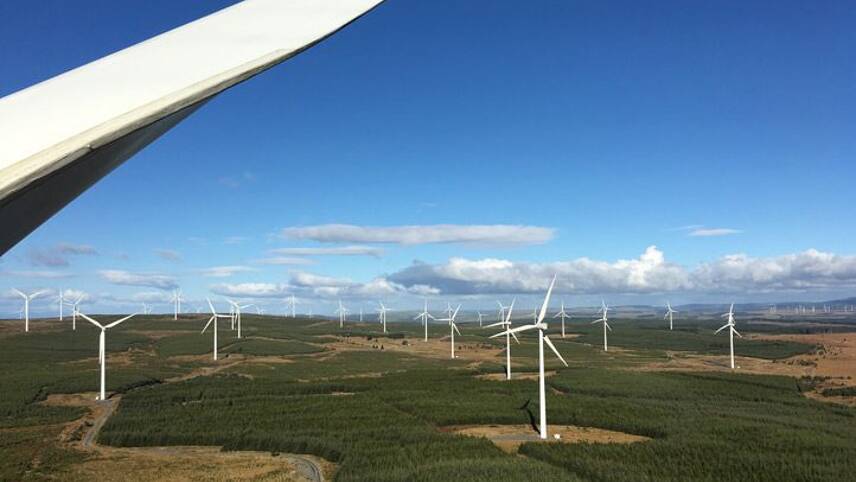Register for free and continue reading
Join our growing army of changemakers and get unlimited access to our premium content

Each company is progressing towards ambitious climate targets
Mars Incorporated announced that it has agreed on a new power purchase agreement (PPA) to provide renewable energy that will cover more than 100% of its needs across 2,000 veterinary hospitals in the US.
The PPA, signed with Apex Clean Energy, will enable the construction of a 121.26 MW wind farm in Ford Ridge, Illinois, that will become operational by the end of the year.
The agreement covers Mars’ suppliers BHJ and Silgan Containers and, together with an existing wind farm in Texas, will generate enough power for the Mars confectionery, food and pet care business in the US.
Mars’ chief procurement and sustainability officer Barry Parkin said: “As our business in the US continues to grow, Mars is committed to embedding sustainable solutions throughout our operations. And, as the world looks to rebuild from the devastating effects of the pandemic, it will be critical for businesses to lead.
“This partnership is further evidence that we are moving full steam toward our emissions targets and driving climate action throughout our extended value chain.”
The PPA will build towards Mars’ global goal of using 100% renewables across all its operations by 2040. Once completed, the US will then become one of 11 nations where Mars is covered by 100% renewables. This accounts for more than 50% of its global electricity needs.
Diageo
In related news, drinks giant Diageo has applied for planning permission for a solar farm that would be located at its packaging plant in Fife.
The farm, subject to consent by Fife Council, would see 12,000 solar panels installed at the site capable of producing 4 MW of renewable energy annually. Diageo notes the farm would sit entirely within the 150-acre plant, which produces 40 million cases of premium spirits annually.
Diageo’s operations director for the Leven Packaging Plant, Gavin Brogan, said: “We have been on the journey to environmental sustainability at Leven for many years and we have made great progress, but this solar array would take us to another level, allowing us to generate our own renewable energy on-site and contributing to Diageo’s global ambition to achieve net-zero carbon emissions by 2030.
“We have planned this carefully and we are happy to engage our neighbours and local stakeholders during the planning application process.”
As mentioned by Brogan, Diageo has committed to achieving net-zero operational emissions within a decade and to halving its indirect (Scope 3) emissions within the same timeframe, as part of a new ten-year strategy.
The business, which owns brands like Smirnoff and Guinness, said in a statement that the environmental targets will reduce negative impacts across the ‘grain to glass’ value chain. On carbon, the headline target is a commitment to achieve net-zero operational emissions through a mix of energy efficiency improvements and renewable energy procurement and generation.
Dropbox
Another firm making moves in the renewables space is file hosting firm Dropbox.
Exactly one year ago, Dropbox pledged to achieve carbon neutrality for direct, power-related and business-travel-related emissions by 2030, as part of a sweeping new sustainability strategy.
To reduce direct (Scope 1) and power-related (Scope 2) emissions, Dropbox will invest in technologies and systems which minimize the energy consumption of its operations – particularly its data centres in the US and its servers in Germany, Australia and Japan. The business hopes to decouple energy consumption from storage capacity.
It will also transition to 100% renewable electricity for its data centres and offices, by changing its electricity tariffs and exploring power purchase agreements (PPAs) with renewable generators.
The company has this week announced that it has covered all of its data centre storage server power globally with 100% renewable electricity. A mixture of energy efficiency technologies and green certificates have enabled the firm to reach the milestone and reduce emissions from date centres by 15% in the last year.
Matt Mace


Please login or Register to leave a comment.